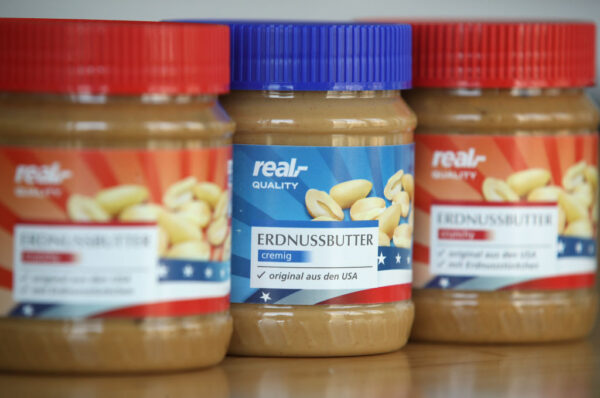
A nonprofit pharmaceutical cost-effectiveness watchdog says that two drugs that could soon hit the market for peanut allergy have not shown enough evidence of benefit to outweigh their short-term risks.
The Boston-based Institute for Clinical and Economic Review, or ICER, issued a report Wednesday on the drugs, Aimmune Therapeutics’ AR101 and DBV Technologies’ Viaskin Peanut, as well as non-commercial oral immunotherapy, or OIT. Neither drug, it said, had enough evidence yet to show that it yielded a net health benefit better than strictly avoiding peanuts altogether.

With the Rise of AI, What IP Disputes in Healthcare Are Likely to Emerge?
Munck Wilson Mandala Partner Greg Howison shared his perspective on some of the legal ramifications around AI, IP, connected devices and the data they generate, in response to emailed questions.
The ICER report drew from two Phase III studies: the PALISADE trial of AR101 and the PEPITES trial of Viaskin Peanut. PALISADE enrolled children aged 4-17 unable to tolerate more than 100mg of peanut protein, while PEPITES enrolled those aged 4-11 and unable to tolerate more than 300mg. In PALISADE, 67.2 percent of patients receiving AR101 achieved the primary endpoint, compared with 4 percent of those on placebo. For PEPITES, the figures were 35.3 percent and 13.6 percent, respectively. DBV plans to resubmit its application to the Food and Drug Administration later this year after withdrawing it in December 2018, and the FDA is expected to decide whether to approve Aimmune’s AR101 in January 2020.
The report stated that while the two commercial approaches and OIT were able to desensitize patients to peanut allergen, they were also associated with increased allergic reactions and use of epinephrine.
Aimmune criticized the report, saying it failed to incorporate available data on long-term outcomes and quality of life while discounting patient and community perspectives on the benefits of desensitization therapy. The Asthma and Allergy Foundation of America called the report “premature” and expressed concern that its findings could restrict access to new treatments for peanut allergy.
While the price points of the two products are unknown, ICER noted that industry analysts have estimated that AR101 and Viaskin Peanut may carry annual prices of $4,200 and $6,500, respectively. Still, the group’s potential budget impact threshold of $819 million would be surpassed even if only 41 percent of eligible patients received AR101, or 71 percent of those eligible for Viaskin Peanut.
Shares of Aimmune fell nearly 12 percent on the Nasdaq Thursday morning. Shares of DBV were down less than 0.5 percent.
“Caregivers and patients remain vigilant about avoiding peanuts even while on desensitization therapy, and future clinical trials will need to demonstrate whether long-term benefits of these approaches outweigh their short-term risks,” ICER CEO David Rind said in a statement.
Photo: Sean Gallup, Getty Images














